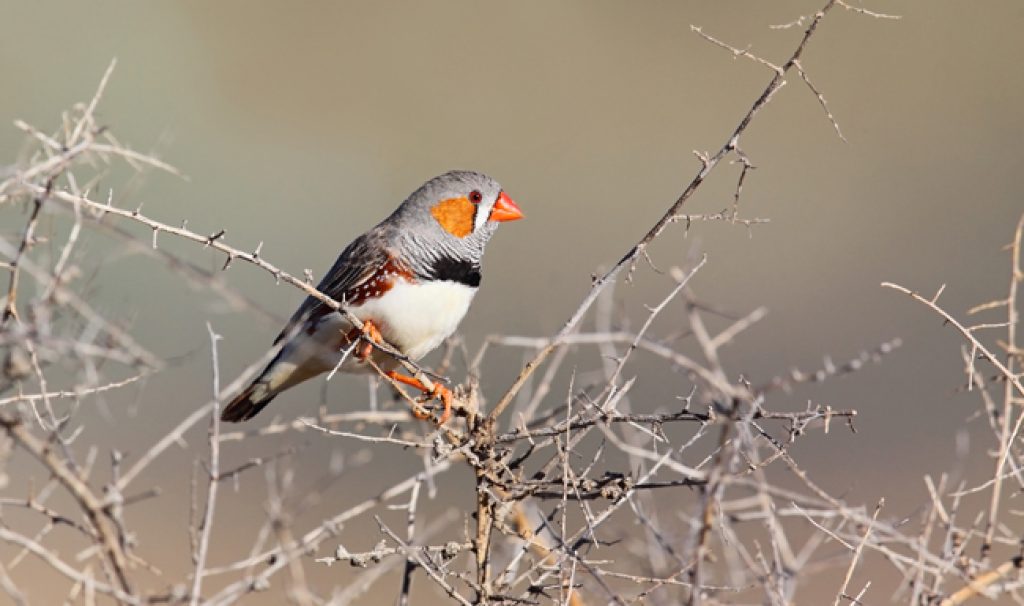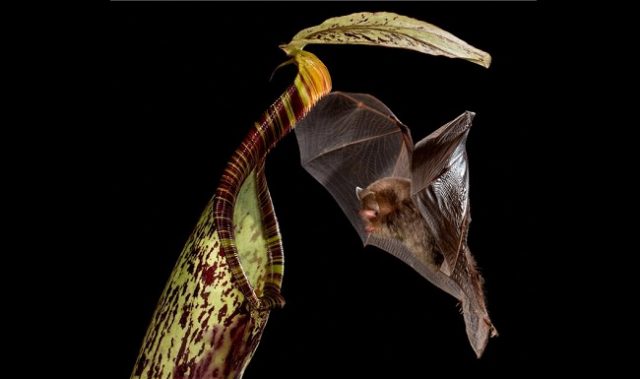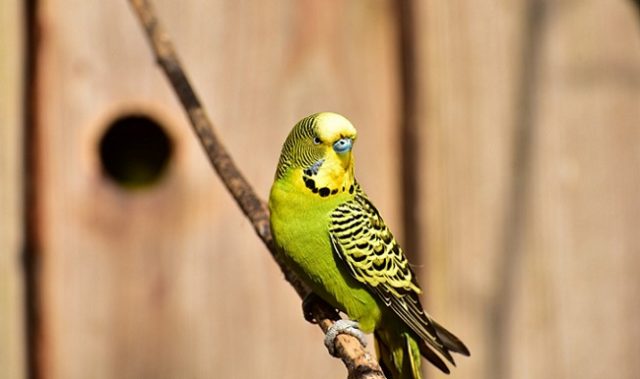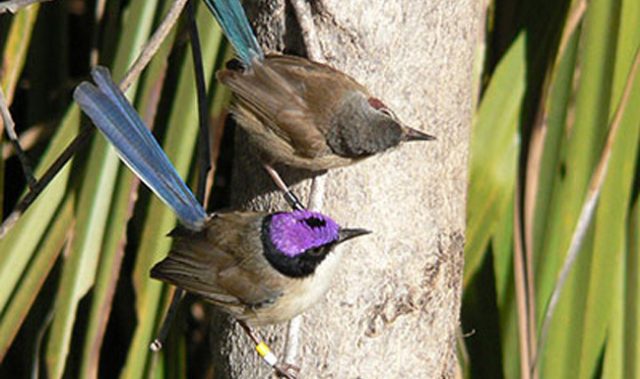
AsianScientist (Aug. 19, 2016) – Researchers in Australia have found that zebra finch parents may be helping their young prepare for a hotter world brought on by climate change by singing to their eggs. The article was published in the journal Science.
‘Incubation calling,’ paired with the ability of embryos to hear external sounds, is just one of an array of prenatal guidance tools shared by many animal groups. However, the relation of these behaviors to evolutionary and survival capacities, especially in a rapidly changing environment, remain a mystery to scientists.
Researchers Drs. Mylene M. Mariette and Katherine L. Buchanan from Deakin University sought to fill this gap by homing in on incubation calling.
Based on their hypothesis that these calls help the unborn offspring of zebra finches anticipate their new environment, the authors recorded the incubation calls of 61 female and 61 male wild-derived zebra finches nesting in outdoor aviaries during naturally changing temperatures. They observed that finch parents called to their eggs only during the end of the incubation period and only when the maximum temperature rose above 26°C.
To test whether this calling behavior specifically prepared offspring for high temperatures, Mariette and Buchanan exposed finch eggs to recorded incubation calls or regular parent contact calls. When the eggs hatched, the group of nestlings exposed to the former type of call weighed less than control birds.
Though a smaller mass would seem disadvantageous, the authors showed that it actually correlated with less oxidative damage—the harmful build-up of unstable molecules in DNA, proteins, and fats—thus arguing that reduced mass may ultimately benefit finch health at stressful higher temperatures.
Corresponding with their prediction, the researchers found that the lower-mass treatment finches produced more fledglings in their first breeding season. What’s more, incubation calling may stimulate habits across generations, the authors said, as treatment males preferred to nest in higher-temperature areas than control males.
The article can be found at: Mariette and Buchanan (2016) Prenatal Acoustic Communication Programs Offspring for High Posthatching Temperatures in a Songbird.
———
Source: Science; Photo: Chris Tzaros.
Disclaimer: This article does not necessarily reflect the views of AsianScientist or its staff.












